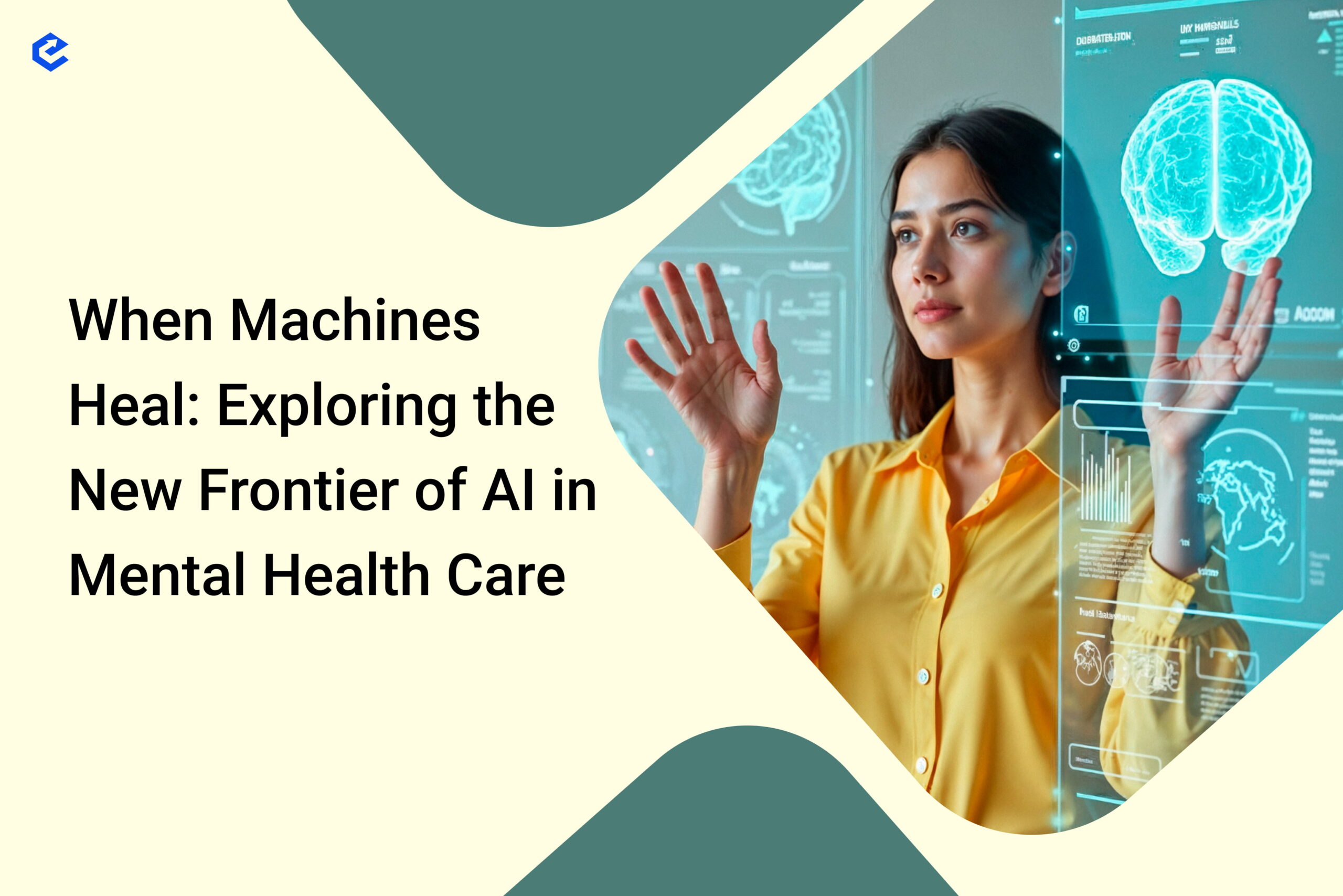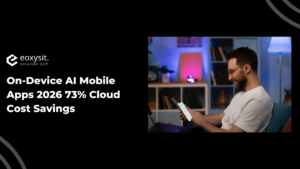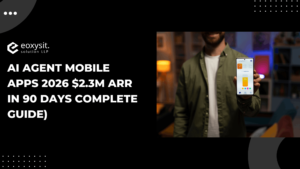When Machines Heal: Exploring the New Frontier of AI in Mental Health Care
Technology Steps Into Compassion
In the midst of Americaʼs mental health crisis, a quiet revolution is underway. From rural therapy deserts to bustling city clinics, artificial intelligence has emerged as a new ally—one that listens, guides, and even detects subtle warning signs human clinicians might miss. Now, in 2025, AI isnʼt just a tool for doctors; itʼs becoming a lifeline for those seeking support, accessibility, and hope in the evolving mental health landscape.
Listening Beyond Words: AI-Powered Early Detection
Consider Maya, a college student in California. She begins chatting anonymously with a mental health app on her smartphone when she feels low. What Maya doesnʼt realize: The appʼs conversational AI doesnʼt simply respond to words, but also picks up on hesitations, sleep patterns, and tone. It recognizes linguistic clues associated with depression and anxiety, offering immediate coping tips and flagging risk patterns. If needed, it gently encourages Maya to connect with a human counselor, seamlessly blending algorithmic vigilance with care.
Scaling Therapy: Breaking Down Barriers
AI-powered virtual therapists are now available 24/7 across the United States. For those in remote or underserved areas, or for individuals hesitant to speak to a person, these tools bridge the gap—delivering cognitive behavioral exercises, daily mood check-ins, and guided meditations at the userʼs pace. Research-backed apps adapt in real time, adjusting approaches as users improve or face challenges, and escalating urgent cases safely.

Augmenting Professionals, Not Replacing Them
For clinicians, AI acts as a diligent assistant: transcribing sessions, summarizing notes, and analyzing trends in patient progress. Predictive analytics provide early alerts—helping therapists intervene before crises escalate. AI never grows tired, forgetful, or overwhelmed. Instead, it empowers human professionals to spend more time building trust and focusing on complex, deeply human conversations that technology canʼt replace.
Language, Culture, and Accessibility
Multilingual natural language processing and culturally-aware AI modules in 2025 mean more Americans can access mental health tools in their native language or dialect. For those with reading or physical disabilities, speech-to-text and voice-controlled interfaces ensure support is truly accessible.
Privacy and Trust: Setting New Standards
The most pressing concern? Privacy. The current generation of mental health AI prioritizes strict HIPAA compliance, end-to-end encryption, and transparent data governance. Users know how their data is used—and can opt in or out at any time. Trust, long a barrier to digital mental health care, is being rebuilt through robust ethics frameworks and clear consent.
Looking Forward: Human-Centered Healing
AI wonʼt—and shouldnʼt—replace the healing power of real relationships. But in 2025, itʼs clear that artificial intelligence can detect, support, and sometimes intervene far earlier than overburdened health systems alone. With responsible use, AI is making mental health care more personal, more proactive, and—most importantly—more available to every American who needs it.

Tomorrowʼs mental health landscape is one where technology amplifies, rather than overshadows, the critical work of healing minds. In this new frontier, AI is not a substitute for empathy, but a vital bridge to it.





